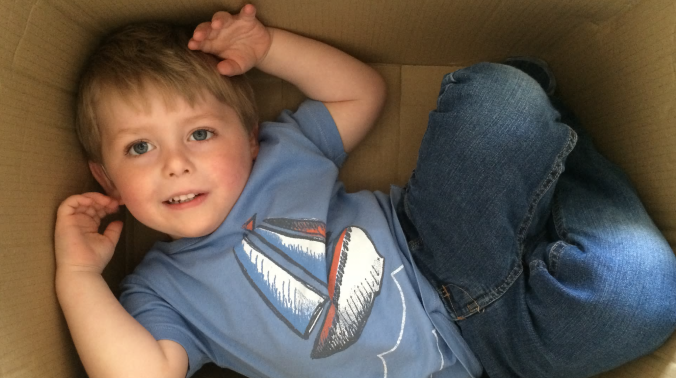A new study at Nottingham’s world-renowned Children’s Brain Tumour Research Centre in the UK will research if CBD can shrink brain tumors in children. Brain cancer causes more childhood deaths in the UK than any other type of cancer but has historically received less than one percent of UK cancer research funding.
This ground-breaking study was motivated, in part, by the rapidly growing number of parents who have been purchasing CBD oil online and providing it to their sick children.
CBD’s Possible Effectiveness Against Brain Tumors in Children
Stories like William Frost’s provide hope to these desperate parents. Four-year-old William was diagnosed with a malignant brain tumor in 2014. After surgery and chemotherapy last year, doctors told his parents there was nothing else that could be done. Undaunted, they researched alternative treatments, ultimately leading them to start William on a ketogenic diet and begin administering CBD oil to him.
Expecting to see William’s condition continue to deteriorate, they were astonished when it appeared William was improving. Six months after they had been told their son was dying, a new MRI showed that his tumor had shrunk by nearly two-thirds. In fact, William just completed his first year of school — something his parents feared would never happen.
About the CBD Study
Professor Richard Grundy, who will be heading the research team, stated in an interview with The Guardian, “New ways to treat childhood brain tumors are urgently needed to extend and improve the quality of life in malignant brain tumor patients, so we are excited at the prospect of testing the effect of cannabidiol on brain tumor cells.”
The researchers intend to grow two different types of cancer cells in a laboratory environment — glioma cells and ependymoma cells. While monitoring growth and reproduction of the cells, some cells will be introduced to CBD molecules, while others will not. After one week, the cells will be re-evaluated to assess how the cells are dividing and if any are dying off.
Prof. Grundy has high expectations for the study:
“We expect the cells (brain tumor and normal brain) grown in our standard conditions to be healthy and actively dividing. We expect that normal brain cells grown in cannabidiol will remain healthy. However, we expect the brain tumor cells grown in cannabidiol to stop growing and die.”
Other researchers have also discovered the profound benefits of CBD in treating cancer patients. Dr. Wai Liu from St. George’s University of London, who earlier this year released the results of a study of CBD’s anti-cancer effects on leukemia cells, said, “We have performed experiments using CBD in leukemia, and it can deactivate signaling pathways, making cells more responsive to chemotherapy. All cells need to communicate and these communications get jammed up, and CBD tries to correct this by restoring them. This ultimately results in these cells being able to undergo cell death. People think that children’s cells are more flexible so there is a possibility that CBD may have a slightly different effect. We will only be able to understand the precise mechanism and value of this treatment when studies like this are done.

